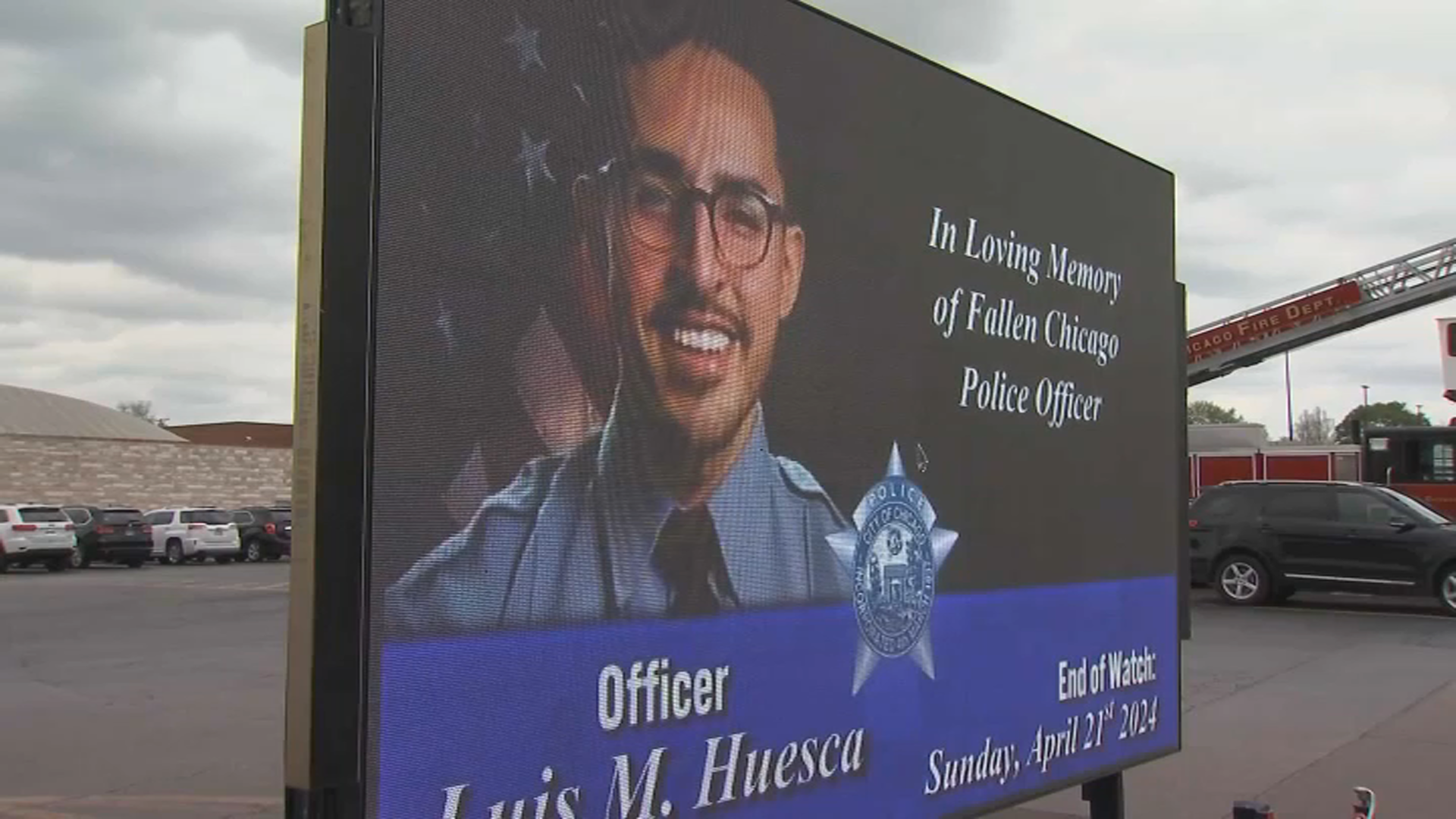While seemingly very different, the Chicago City Council and the U.S. Senate have of late shared one simple fact: democracy in both legislative bodies could be brought to a halt by a committed minority or, in some cases, a single individual.
Thursday, the U.S Senate voted to change its filibuster rules to allow the people’s work to be free of unnecessary obstruction in the historic chamber. Faced with a very similiar problem, the Chicago City Council should do the same.
After months of obstruction and delay by the Republican minority, Democrats in the Senate, led by Majority Leader Harry Reid, voted to eliminate the 60-vote majority needed to vote on most presidential nominations for judicial nominees and executive branch appointments.
The move came in response to what most observers agree has been an “unprecedented” amount of obstruction for President Obama’s judicial nominees by Republican Senators.
In many cases, the nominees have been held in limbo simply with the threat of a Republican filibuster that could only be overcome by a supermajority vote. A full 30 of the President's nominees have been held up due to Republican opposition.
While few would dispute the right of Republican Senators to oppose the President’s choices for judicial seats, denying a right for a full vote on the Senate floor goes beyond simple politics to a complete breakdown in the democratic process.
While the Chicago City Council may not deal with matters such as judicial nominations, a similar situation has held sway for years in that body. The difference for the Council is that it's the system of committee chairs—specifically the Committee on Committees, Rules and Ethics—that has obstructed the effective functioning of the body, and kept vital legislative and policy questions from being given a full Council vote.
Local
Long known as the place where “good legislation goes to die,” the Rules Committee has been in the spotlight recently for continuing to keep certain proposed ordinances and resolutions buried for political reasons.
Led by Ald. Michelle Harris (8th), a staunch ally of Mayor Rahm Emanuel, the Rules Committee has kept some ordinances—such as Ald. Roderick Sawyer’s (6th) Privatization Transparency and Accountability Ordinance—in limbo for over a year.
Recently, an effort by members of the Council’s Progressive Reform Caucus to move other pieces of legislation out of the Rules Committee and onto the Council floor for a full vote—such as a controversial proposal to free up surplus TIF dollars—was met with defeat.
In the view of Caucus members and others, no ordinances proposed by any aldermen should be denied a full Council vote within a reasonable period of time. It's a powerful argument, once you take politics out of the equation and view the matter as one of simple democracy.
For years, however, a mayor such as Richard Daley or Rahm Emanuel has been able to effectively kill any legislation they didn’t like by simply getting the chairman of the Rules Committee to bury the proposals.
Simply put, it’s undemocratic. And it needs to change.
Currently, the Council’s Rules of Order require the Rules Committee chairperson to give a written update after 30 days and for legislation to be moved out of committee after 60 days at the simple request of an alderman.
Known as Rule 41, it’s a provision rarely used, either because alderman know they’ll lose a vote on the motion to free up the ordinance or out of fear of antagonizing a powerful committee chair.
But, another rule, known as Rule 48, allows for any rule to be “repealed, altered or amended” by a majority vote. Maybe that’s a pathway to free up a seemingly broken system that can’t be changed any other way.
Much like in the U.S. Senate, a committed minority or individuals are keeping the Chicago City Council from doing the people’s business.
If Chicago alderman are as interested in serving their constituents as many say they are, one way they could demonstrate their commitment would be by ensuring the democratic process exists for all ideas, proposals and legislative initiatives. Not just some.
And if it takes changing the rules to take unprecedented and undemocratic power out of the hands of certain individuals or committee chairs, so be it.
After all, it’s been done before.



